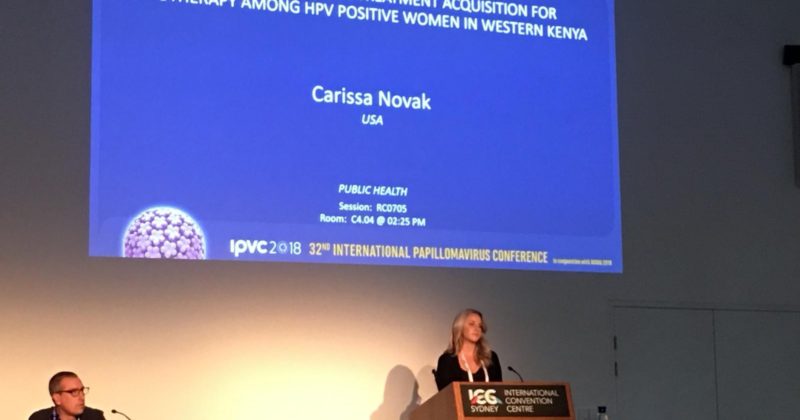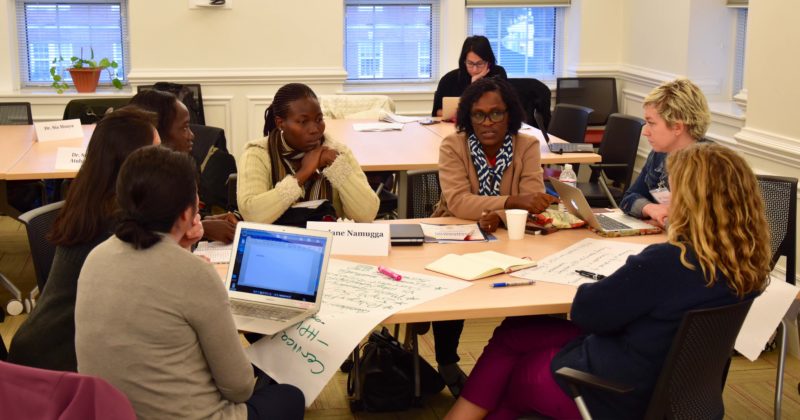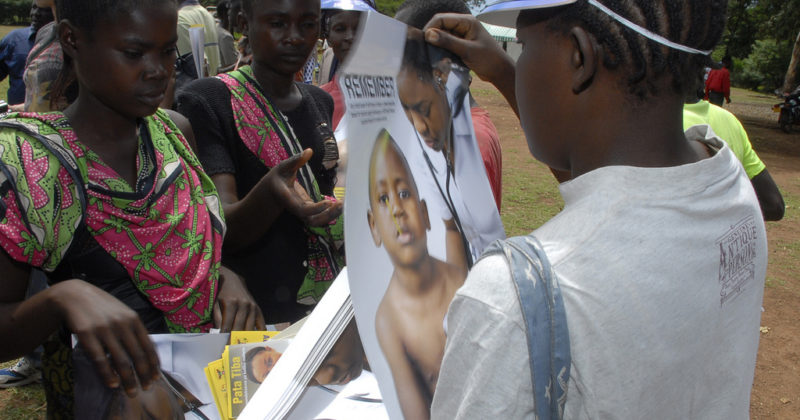
MY NEWFOUND AWARENESS ON SEXUAL HEALTH RIGHTS FOR PERSONS WITH DISABILITIES
As a student physical therapist, my future career is primarily to serve individuals with short-term or long-term physical disability. Working with individuals of various forms of physical disability such as those with cerebral palsy, to stroke survivors, to amputees, I have become more aware and appreciative of buildings and spaces that are physically accessible with ramps, elevators, and ADA bathrooms. However, despite my acute awareness of physical accessibility for individuals with disability, accessibility to sexual and reproductive health for this population was not something that crossed my mind until I stumbled on the anecdote by Stella Chiwaka. Chiwaka, born with albinism, was denied contraceptives at a local health center in Malawi and was told by a health provider that “People like you should not have sex”. As a future health provider, I found this discriminatory act appalling. People with disabilities, just as those without disabilities, have the right to make their own choices--including choices regarding their sexuality and sexual health. To...







